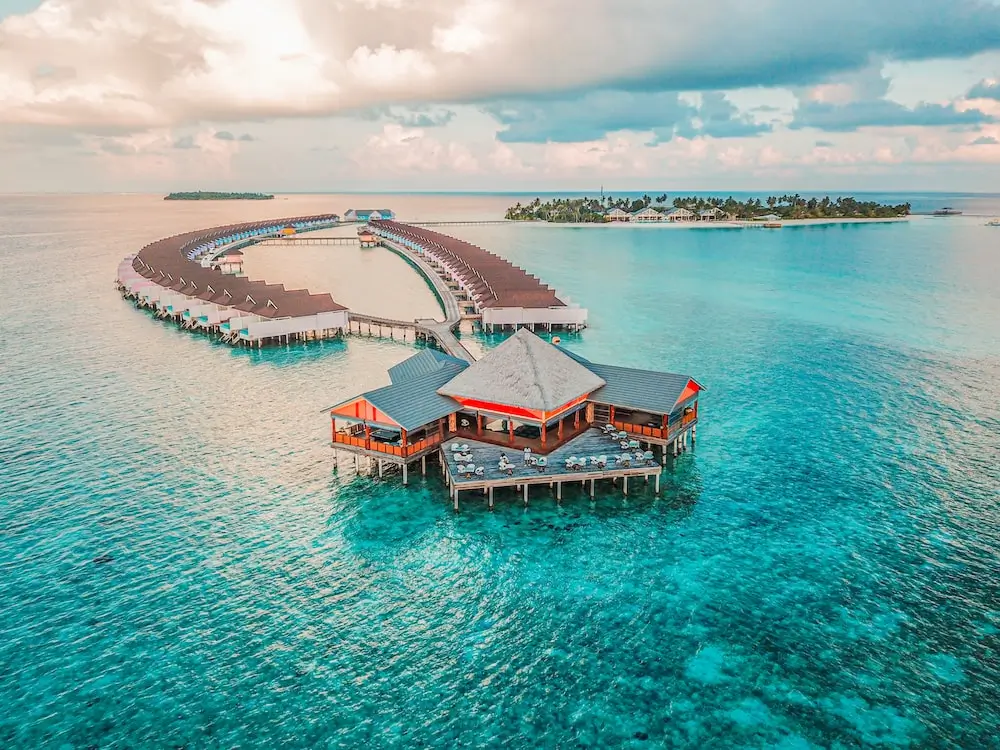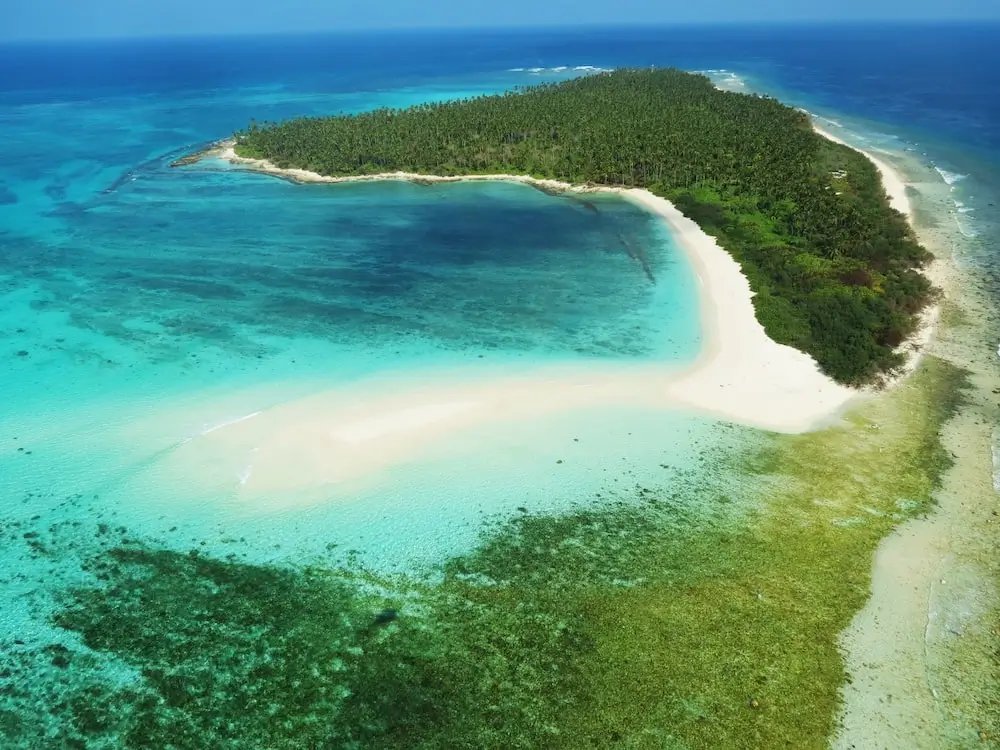Exotic Island Getaways: Maldives vs Lakshadweep – A Complete Comparison of Tropical Paradise Destinations
Table of Contents
The allure of pristine beaches, crystal-clear turquoise waters, and vibrant coral reefs beckons travelers to explore exotic island destinations. Two such paradises in the Indian Ocean, Maldives vs Lakshadweep, offer unique experiences for those seeking a tropical escape.
In this comparative article, we’ll delve into the distinctive features of Maldives vs Lakshadweep, exploring their geography, culture, tourism infrastructure, and environmental conservation efforts.

Geography:
Maldives:
Situated southwest of Sri Lanka, the Maldives is an archipelago comprising 26 atolls and over 1,000 coral islands.
Known for its overwater bungalows and luxurious resorts, Maldives is a world-renowned destination for honeymooners and luxury travelers.
Lakshadweep:
On the other hand, Lakshadweep is a group of 36 islands off the southwestern coast of India.
It is the smallest Union Territory of India, and its coral islands are spread across the Arabian Sea.
Unlike the Maldives, Lakshadweep is less commercialized, making it an ideal destination for those seeking a quieter and more authentic experience.
Culture:
Maldives:
The Maldives boasts a rich cultural heritage influenced by various civilizations, including Indian, Arab, and African cultures.
The Maldivian people, with their warm hospitality, follow a unique blend of Islamic traditions and local customs.
Traditional dance, music, and art are an integral part of Maldivian culture.
Lakshadweep:
Lakshadweep, with its predominantly Muslim population, shares cultural similarities with the Maldives.
However, it also retains a distinct Indian influence, reflected in its festivals, cuisine, and traditional performances.
The islanders are known for their craftsmanship, creating intricate coral jewelry and coir products.
Tourism Infrastructure:
Maldives:
Renowned for its luxurious resorts and overwater villas, the Maldives caters to high-end travelers seeking unparalleled comfort and privacy.
The country’s tourism infrastructure is well-developed, offering a range of water sports, spa experiences, and fine dining options.
Male, the capital city, is a hub of cultural attractions and serves as the gateway to the atolls.
Lakshadweep:
Lakshadweep, in contrast, offers a more modest tourism infrastructure.
The islands prioritize sustainable and eco-friendly tourism, with a focus on preserving the fragile marine ecosystem.
Visitors can stay in government-approved accommodations, explore the local way of life, and enjoy water activities in a serene environment.
Environmental Conservation:
Maldives:
The Maldives faces challenges from climate change, with rising sea levels threatening its low-lying islands.
The government is actively involved in environmental conservation, implementing measures to protect coral reefs and marine life.
Many resorts in the Maldives have adopted sustainable practices to minimize their ecological footprint.
Lakshadweep:
Lakshadweep also actively commits to environmental conservation.
With its coral reefs recognized as National Parks, the government strictly regulates tourism activities to preserve the delicate ecosystem.
The islands actively promote responsible tourism, encouraging visitors to engage in activities that promote conservation and sustainable practices.

Conclusion:
Both Maldives and Lakshadweep offer unparalleled natural beauty and a chance to escape to idyllic tropical islands.
The choice between the two depends on personal preferences, with the Maldives catering to luxury travelers and Lakshadweep providing a more authentic and eco-conscious experience.
Whether it’s the opulence of Maldivian resorts or the untouched beauty of Lakshadweep’s coral atolls, these destinations promise a slice of paradise for those seeking a memorable island getaway.